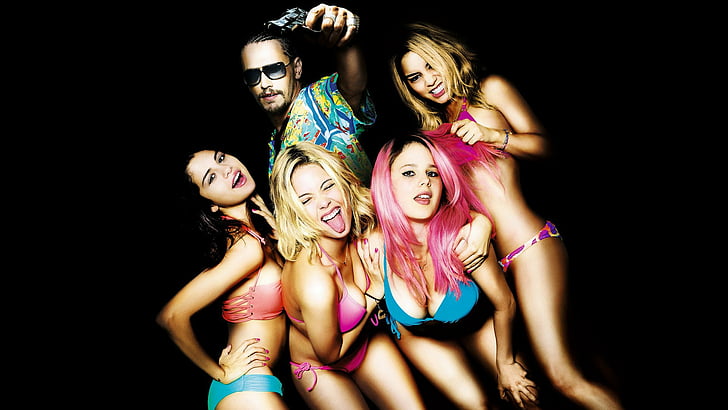

But while the goals have evolved over time, they're all still variations on a theme we still want shelter, sustenance, and love, they just look different than they used to.

How we set about achieving our goals, as well as the goals themselves, has changed dramatically since the whole thing was first dreamed up.

On a personal level, this means pursuing and living a life that is true to yourself, compelled by your wants and needs. Gucci Mane himself asked why he didn’t win an Oscar for this shit, and I'm confused too. If Alan Arkin (who never wrote a song as iconic as “Bricks”) can win an Oscar for 14 minutes of screen time in Little Miss Sunshine (a really bad movie) by playing a creepy uncle who snorts heroin (not chill) and is a bad role model for his granddaughter, then Gucci Mane (who wrote an iconic song called “Bricks”) should be able to win an Oscar for 14 minutes of screen time in Spring Breakers (a really great movie) by playing a noble entrepreneur who smokes weed (very chill) and is a good role model for those who value friendship.Life, liberty, and the pursuit of happiness is the essence of the American Dream. If the Academy weren’t so white and boring, small, transgressive films like Spring Breakers and its players would garner gold statues like clockwork. Gucci Mane deserved all the accolades for this performance. Gucci is an emotional and physical performer, even if the role is requiring him to be silent and still. His countenance shifts from rage to anxious excitement whenever Alien is in his line of sight-a hard dude with a soft spot for friendship, even a friendship that’s been tarnished by Alien’s jealous ambition. Korine films Gucci in mostly extreme close ups, his paranoid eyes shifting and alert as the neon Kino Flo lights dance off his furrowed brow and ice-cream-coned cheeks. He wears a scowl so firmly on his face you’d think it was tattooed on. Gucci doesn’t have much screen time, which means he doesn’t have much dialogue, which means the meat of his performance is purely physical. Gucci then proves he’s a master of tone and language and timing as he flips the switch and unleashes a lightning bolt of anger: “I want you to get on a surfboard and go to the middle of the ocean and disappear!” It’s poetically delivered, almost a replica of the cadence he uses when he raps, with a raw emotional energy that leaves you no choice but to truly feel for this fractured friendship. It was the only time I ever been,” Big Arch fondly remembers mid-confrontation, devastated that he’s now at war with his brother. This is his first big screen performance (unless you count the hip-hop musical Confessions of a Thug), and instead of being showy and trying be some larger-than-life villain, there’s this understated sadness and vulnerability that Gucci displays to counteract his dick-swinging machismo.īig Arch is clearly heartbroken that his best friend betrayed him. Gucci, known for his wordsmith ways and charisma in his music, opts for a quiet, subdued style of menace here. We aren’t introduced to Big Arch until 55 minutes into Spring Breakers, when he and Alien collide in a strip club in an Western-esque showdown. However there’s another performance that went under everyone’s radar and over everyone’s head, and it belongs to Gucci Mane, who plays Alien’s best-friend-turned-rival Big Arch. With his beaded cornrows, titanium toothed grill, and thick Florida Panhandle drawl, he plays a wannabe gangster with surprising gradation broad and buffoonish, but with a level of self-doubt and anxiety that keeps Alien from feeling like a cartoon character. Selena Gomez, Vanessa Hudgens, Ashley Benson and Rachel Korine each give intoxicating turns as college students whose lives are corrupted (or crystallized, depending how you look at it) by spring break’s seductive crook of the finger.īut it was James Franco as Alien, the local rapper-slash-petty-crook who the girls team up with to satisfy their debauchery sweet tooth, who usurped all the praise. If you didn’t see the movie, you undoubtedly heard the acclaim for the performances. And that pocket is where Spring Breakers plunges its viewers.

And underneath those candy-coated surfaces of bikini-covered flesh, psychedelic Skittle-colored lights, and beach-blonde hair, lurks a pitch-black pocket of violence and destruction. Korine himself said the film is about a culture of surfaces. Harmony Korine’s haunting descent into America’s most cherished cultural institution (college spring break) plays out like a pop poem-a rhythmic, impressionistic reimagining of the facade that props up the fantasy of spring break. Spring Breakers is more of a fever dream than a movie.


 0 kommentar(er)
0 kommentar(er)
